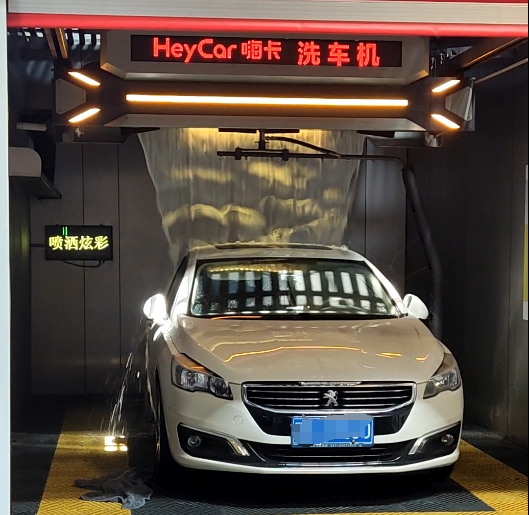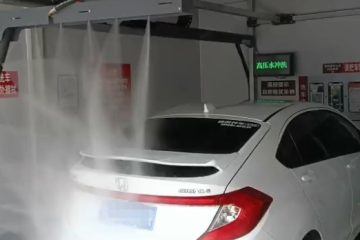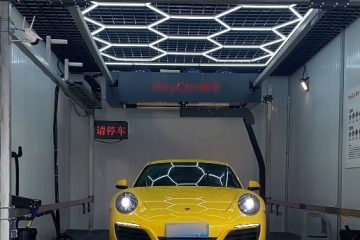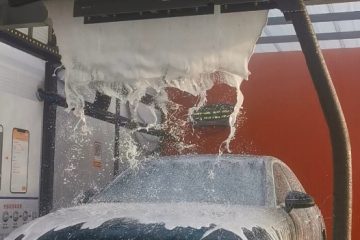Vietnam’s burgeoning middle class and increasing car ownership are fueling a rapid expansion in the automotive services sector, with automatic car washes emerging as a particularly promising area. While traditional hand washes still dominate, the demand for faster, more convenient, and arguably more thorough automated options is steadily growing, presenting exciting opportunities and challenges for entrepreneurs.

The Current Landscape:
Currently, Vietnam’s automatic car wash market is characterized by a mix of standalone businesses and those integrated into larger service stations or dealerships. The adoption rate varies across cities, with major urban centers like Ho Chi Minh City and Hanoi witnessing faster growth than smaller towns. However, even in these metropolitan areas, the market remains relatively fragmented, with many smaller, independent operators competing alongside larger, more established players. This competitive landscape necessitates a strong business model focused on either differentiation through superior technology or aggressive pricing strategies.
Driving Forces of Growth:
Several factors are contributing to the expanding market:
Rising Car Ownership: Vietnam’s economy is booming, leading to a significant increase in personal vehicle ownership. This directly translates into a larger pool of potential customers for car wash services.
Time Constraints: In busy urban environments, time is a precious commodity. Automated car washes offer a significantly faster cleaning solution compared to traditional hand washes, appealing to time-conscious consumers.
Technological Advancements: The availability of advanced automated systems with features like touchless washing, undercarriage cleaning, and high-pressure water jets is attracting customers who value efficiency and thoroughness.
Increased Disposable Income: As Vietnam’s economy continues to grow, people have more disposable income to spend on non-essential services like car washes.
Challenges and Considerations:
Despite the promising outlook, potential investors and entrepreneurs face several challenges:
High Initial Investment: Setting up an automated car wash requires a substantial upfront investment in equipment, land, and infrastructure.
Water Management: Vietnam faces water scarcity in certain regions. Efficient water management practices are crucial for both environmental responsibility and cost-effectiveness.
Maintenance and Repair: Automated car wash equipment requires regular maintenance and repairs, adding to operational costs.
Competition: The relatively fragmented nature of the market means competition is fierce. A robust marketing strategy is essential to stand out.
Regulatory Compliance: Navigating the regulatory landscape concerning waste disposal and environmental regulations is crucial for long-term sustainability.
Future Outlook:
The future of the automated car wash business in Vietnam looks bright. As car ownership continues to rise and consumers become more accustomed to the convenience and efficiency of automated systems, the market is poised for significant expansion. Businesses that prioritize innovation, efficient operations, and environmentally friendly practices are best positioned to succeed in this dynamic sector. The integration of technology, such as mobile payment options and loyalty programs, will also play a key role in attracting and retaining customers. In conclusion, while challenges exist, the opportunities presented by the growing Vietnamese automotive market make the automatic car wash industry a compelling investment for those willing to navigate the complexities and embrace innovation.




